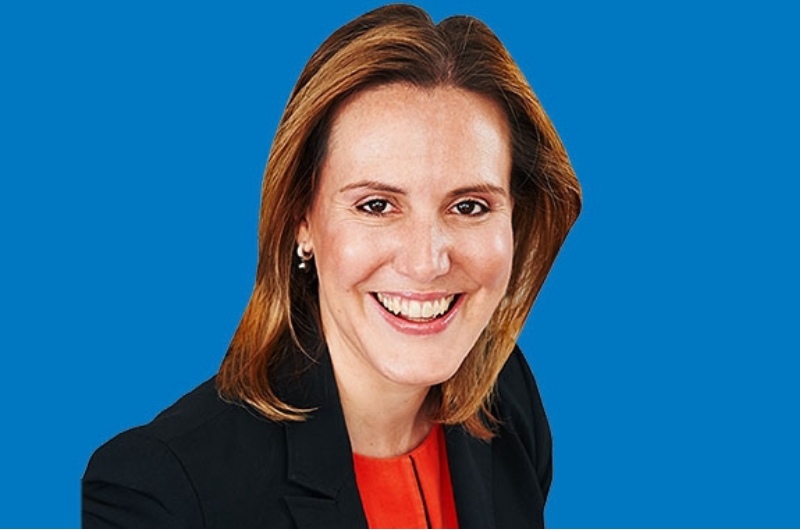Equipping professional accountants for sustainability
The International Federation of Accountants has developed a concise resource to guide accounting professionals and...
READ MORE
The government has announced it will progressively adopt electronic invoicing across all levels of government, a move it says will help small businesses and improve government processes.

The move follows a recent completion of an implementation study into the benefits for the economy, the government said.
It recommended that government agencies adopt eInvoicing at a time that aligns with their business plans and needs, adopt eInvocing in a way that is consistent with the Digital Business Council’s interoperability framework, and work with the government’s shared and common services program to implement eInvoicing where possible.
Minister for Revenue and Financial Services, Kelly O’Dwyer, said eInvoicing is a win-win situation for government and business.
"eInvoicing is approximately 70 per cent cheaper to process than traditional paper or PDF invoices, according to estimates by Deloitte Access Economics,” Ms O’Dwyer said.
“And it means businesses will be able to spend less time re-entering invoice data for all levels of government and spend more time on growing their business.”
Minister for Small and Family Business, the Workplace and Deregulation, Craig Laundy, said small businesses are likely to benefit from eInvoicing solutions when there is competition among providers.
"Competition among providers will result in businesses benefiting from the best possible eInvoicing product, creating a dollar-value incentive for businesses to adopt a digital presence, which is a strong ambition of the government," Mr Laundy said.
The government cited estimates from Deloitte Access Economics that eInvoicing could result in economy-wide benefits of up to $28 billion over 10 years.
In addition, it has also established a Trans-Tasman working group to support industry to standardise eInvoicing processes in Australia and New Zealand.
The working group comprises of members from the Australian Taxation Office, the Department of Industry, Innovation and Science, the Department of Jobs and Small Business, the Digital Transformation Agency, the Treasury and the New Zealand government.